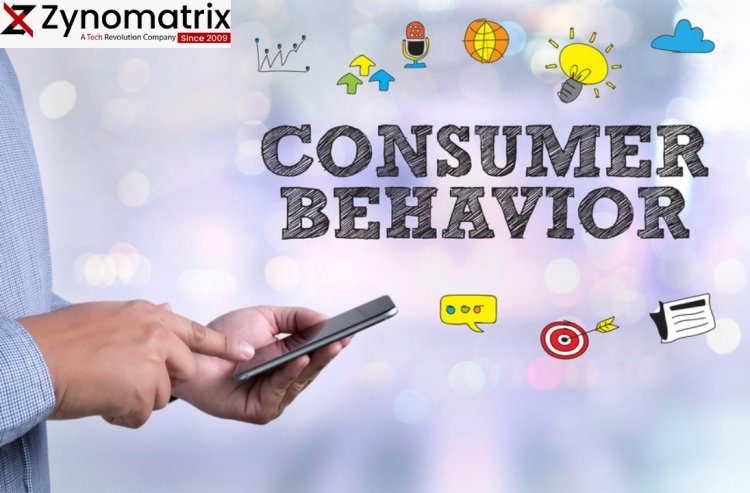The Impact of Social Media and Digital Marketing on Consumer Behavior and Branding Strategies
This blog post delves into the impact of social media and digital marketing on consumer behavior and branding strategies. It explores how social media platforms have transformed the way consumers discover, evaluate, and purchase products and services, highlighting the role of user-generated content and social proof. The post emphasizes the opportunities social media and digital marketing provide for building brand awareness, engaging with target audiences, and establishing direct lines of communication with customers. It also discusses the influence of influencer marketing, the use of data-driven insights, personalization and targeted advertising, and brand reputation management in the digital landscape. Ultimately, the post showcases how social media and digital marketing have reshaped consumer behavior and become indispensable tools for brands to connect with their audience and enhance their branding strategies.

Introduction:
In the digital age, social media and digital marketing have emerged as powerful tools that significantly influence consumer behavior and shape branding strategies. Social media platforms provide an unprecedented level of connectivity and engagement, allowing brands to reach and engage with their target audience on a global scale. In this blog post, we will explore the impact of social media and digital marketing on consumer behavior and how brands can leverage these platforms to enhance their branding strategies.
Changing Consumer Behavior:
Social media has revolutionized the way consumers discover, evaluate, and purchase products and services. With the advent of platforms like Facebook, Instagram, Twitter, and YouTube, consumers have instant access to information, reviews, and recommendations about brands and products. Social media acts as a virtual word-of-mouth platform, influencing consumer decision-making through user-generated content and social proof.
Building Brand Awareness and Engagement:
Digital marketing and social media platforms offer unparalleled opportunities for brands to build awareness and engage with their target audience. By creating compelling content, brands can attract and captivate consumers, fostering a sense of loyalty and advocacy. Through targeted advertising, brands can reach specific segments of the population, tailoring their messaging to align with consumer interests and preferences.
Real-time Customer Feedback and Relationship Building:
Social media enables brands to establish direct lines of communication with their customers. Consumers can provide feedback, ask questions, and voice their opinions in real-time, allowing brands to respond promptly and address concerns. This level of engagement builds trust and strengthens the relationship between brands and consumers, leading to increased loyalty and repeat business.
Influencer Marketing:
The rise of social media has given birth to a new form of marketing: influencer marketing. Influencers, who have established credibility and a loyal following on social media, can effectively promote products and services to their audience. Partnering with influencers allows brands to leverage their reach and authenticity, tapping into niche markets and connecting with consumers on a more personal level.
Data-Driven Insights:
Digital marketing provides brands with valuable data and insights into consumer behavior. Through analytics tools and tracking mechanisms, brands can gather data on audience demographics, engagement levels, and conversion rates. This data helps brands refine their marketing strategies, tailor their messaging, and optimize their campaigns for maximum impact.
Personalization and Targeted Advertising:
Social media and digital marketing allow brands to deliver personalized content and targeted advertising to specific consumer segments. By leveraging data and insights, brands can create tailored experiences for individual consumers, enhancing relevance and increasing the likelihood of conversion. This personalized approach builds stronger connections with consumers and improves overall brand perception.
Brand Reputation Management:
Social media has given consumers a platform to voice their opinions and experiences publicly. Brands must actively monitor social media channels to manage their online reputation effectively. By promptly addressing customer concerns, resolving issues, and showcasing exceptional customer service, brands can protect their reputation and maintain a positive brand image.
What's Your Reaction?





















